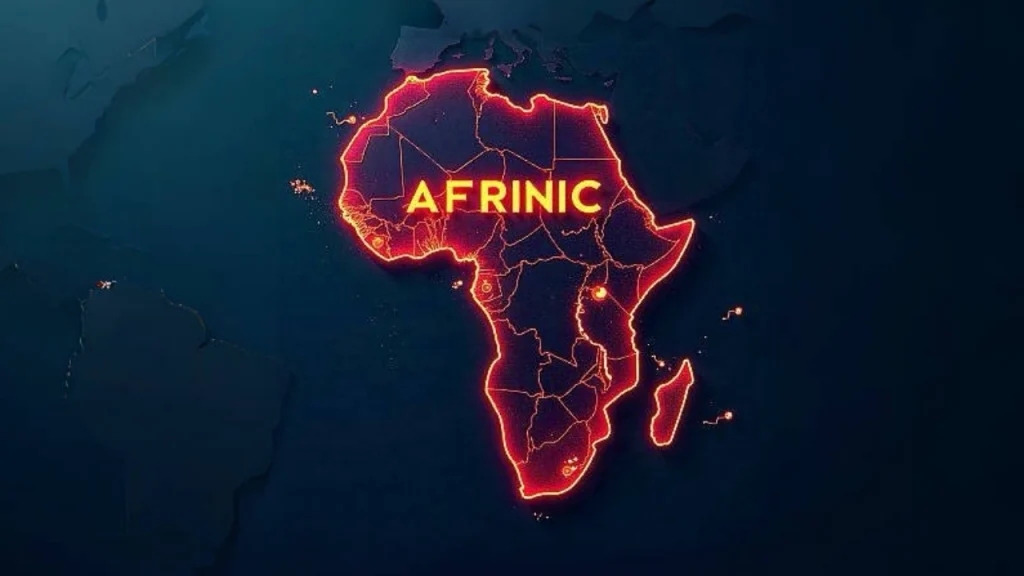- External interference from ICANN risks undermining Africa’s bottom-up internet governance
- The AFRINIC election crisis highlights the urgent need for a more democratic and transparent regional process
The external pressures facing AFRINIC
The AFRINIC crisis has highlighted the growing tension between regional governance and external entities seeking to influence Africa’s internet infrastructure. The ICANN CEO (Kurt Lindqvist)’s recent actions have been perceived as an attempt to overextend its control over Africa’s Internet resources, challenging the continent’s bottom-up approach to governance.
ICANN, which is meant to act as a neutral body in internet governance, has come under scrutiny for its intervention in AFRINIC’s internal affairs, particularly in the aftermath of the disputed election. Despite a court-approved election, Lindqvist attempted to intervene, seeking to pick AFRINIC’s leaders and assert his authority over the regional internet registry. This move has sparked significant backlash from the African community, as it threatens to undermine the principles of sovereignty and regional autonomy that are crucial to Africa’s internet governance.
The controversy surrounding ICANN’s involvement highlights a larger concern: that external bodies are attempting to centralise control over Africa’s digital future, disregarding the autonomy of regional players. The African continent has long advocated for a more locally managed approach to its IP resources, a stance that has been undermined by ICANN’s attempts to influence AFRINIC’s leadership choices.
Also read: AFRINIC’s hidden scandal: How legal fees exposed a culture of corruption
Also read: Proxy voting reforms for AFRINIC: What a fair model should look like
The importance of regional internet governance in elections
The AFRINIC election crisis has exposed the unworkable nature of the current governance model. AFRINIC, once a promising institution tasked with overseeing Africa’s IP resources, has been embroiled in years of internal conflict, mismanagement, and governance breakdowns.
The current crisis has given rise to a call for external bodies, like ICANN, to step in and appoint a new regional internet registry (RIR). However, this intervention risks undermining Africa’s sovereignty over its digital infrastructure. As Cloud Innovation Ltd. argues, the only solution to the current crisis is a “necessary reset” that would allow for the appointment of a new, transparent, and democratically elected RIR.
The AFRINIC situation is a stark reminder that external bodies must tread carefully in their role within Africa’s internet governance ecosystem. Their interventions, while potentially necessary in some cases, must not come at the cost of eroding the autonomy and democratic processes that are vital to the continent’s digital future.

